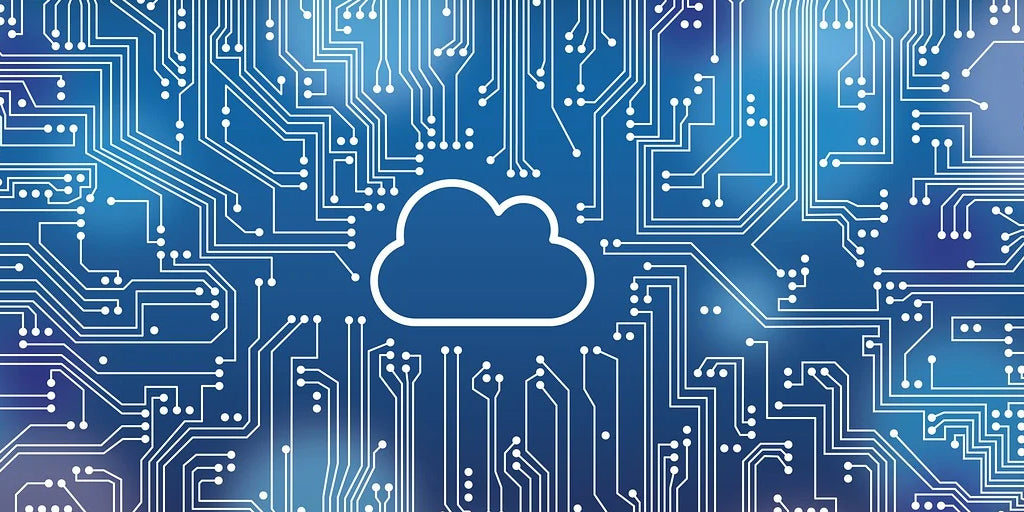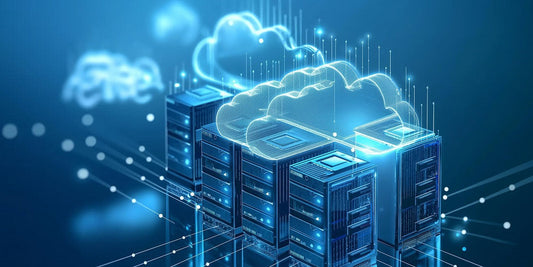
How Battery Management Systems Safeguard Cloud Computing
Share
Did you know cloud outages cost companies millions each year? Cloud computing is now essential for businesses. It relies on constant power. Battery Management Systems (BMS) play a key role here. They keep cloud infrastructure reliable and secure. A solid BMS can stop data loss, reduce downtime, and protect cloud services.
Understanding the Vulnerabilities of Cloud Computing Infrastructure
Cloud data centers face real dangers. Power outages can cause big problems. Servers need constant power. If the power goes out, things can go wrong fast.
Power Grid Instability and Cloud Downtime
Power grids are failing more often. This directly hits cloud server farms. Some areas are at greater risk than others. For example, places prone to storms. In 2023, the US experienced over 3,500 power outages. Some lasted for hours, costing businesses big time.
The Ripple Effect: Data Loss and Corruption
Sudden power loss can mess up data. It corrupts memory and storage. This can cost a company a lot of money. Losing important data can be a nightmare. Recovery can be expensive and difficult.
Security Breaches During Power Outages
Security systems need power too. During outages, they can become weak. This allows unauthorized access. Physical breaches become more likely. Protecting data is a top priority.
The Core Functions of a Battery Management System in the Cloud
A BMS is a system that manages batteries. It includes key parts like sensors and controllers. It watches over and controls battery performance. It also helps prevent failures.
Monitoring and Control of Battery Performance
A BMS tracks voltage, current, and temperature. It also monitors the state of charge (SoC). Active and passive balancing are important here. Cloud providers can use BMS data to improve battery use. They can adjust settings for better efficiency.
Predictive Analytics and Failure Prevention
BMS uses data to predict when batteries might fail. It sends alerts before problems happen. Machine learning plays a big role in this. It helps to spot patterns and prevent issues.
Seamless Transition to Backup Power
A BMS switches to backup power quickly. This includes UPS and generators. A fast switch is very important. It keeps things running without interruption.
The Benefits of Advanced BMS for Cloud Infrastructure Resilience
A good BMS offers many benefits. It cuts downtime, saves money, and improves security. These are all very important for cloud services.
Minimizing Downtime and Ensuring Business Continuity
A strong BMS keeps cloud services running. It stops interruptions. This means less downtime. For example, imagine a cloud service that makes $10,000 per hour. If a BMS prevents one hour of downtime, it saves $10,000.
Extending Battery Lifespan and Reducing Costs
BMS improves how batteries are used. This makes them last longer. Longer life means fewer replacements. Replacing batteries can be costly. Optimizing their use saves money.
Enhancing Security and Data Protection
A BMS helps keep security systems on during outages. This stops data breaches. It also prevents unauthorized access. Security is a top concern for cloud providers.
Implementing and Maintaining a Robust BMS in Cloud Environments
Cloud providers should pick, install, and maintain a BMS carefully. Here's how to do it right.
Choosing the Right BMS Solution
Consider a few key things when picking a BMS. It needs to grow with your needs. It must work with your current systems. It should also have strong security features. Here's a checklist:
- Scalability
- Compatibility
- Security
Battery Management System Recommended for Cloud Computing
We strongly recommend leagend UPS Battery Management Solution for AI infrastructure because of its robust software and hardware advantages:
Comprehensive monitoring: leagend data center battery monitoring solution offers real-time and highly precise data monitoring for the battery key parameters such as voltage, current, internal resistance, CCA (Cold Cranking Ampere) and temperature via its data collection module;
Visualized data: leagend solution offers an all-in-one computer and management platform to display visualized and graphical data, which help our customers know and understand the battery SoH easily at a glance;
Cloud storage: the monitored data can be transferred to a specified cloud server via its control module to realize global deployment and data checking at any time;
Highly tailored service: as a solution provider, we are pleased to offer highly tailored products and services for our customers based on their demands to meet their different demands for different data center scenarios;

Regular Testing and Maintenance Procedures
Test your BMS and backup power often. This makes sure they work when you need them. Here's a schedule for maintenance:
- Monthly visual inspections
- Quarterly function tests
- Annual deep cycle tests
Integration with Cloud Management Platforms
Connect BMS data to your cloud management tools. This gives you one place to watch and control everything. This makes managing your cloud environment simpler.
Future Trends in Battery Management for Cloud Computing
BMS is always improving. New tech is making it even better for cloud use.
The Rise of Smart Batteries and AI-Powered BMS
AI and machine learning are now used to improve batteries. They predict failures better. Smart batteries can talk to the BMS. They provide even more data.
Energy Storage as a Service (ESaaS) and the Cloud
ESaaS could offer cloud data centers more choices. It could provide flexible and scalable energy storage. This can make energy use more efficient.
The Role of BMS in Sustainable Cloud Computing
BMS can help make cloud computing greener. It optimizes energy use. It also supports renewable energy sources. This reduces the carbon footprint of the cloud.
"BMS is vital for keeping cloud computing safe. It lowers downtime, boosts security, and saves money. Cloud providers should focus on having good BMS solutions. This will keep their services reliable and secure." - leagend SOLUTIONS
Key Takeaways:
- BMS prevents data loss and downtime.
- It extends battery life and saves costs.
- It enhances security during outages.
- Regular testing and maintenance are essential.
- Future trends include AI and ESaaS.







